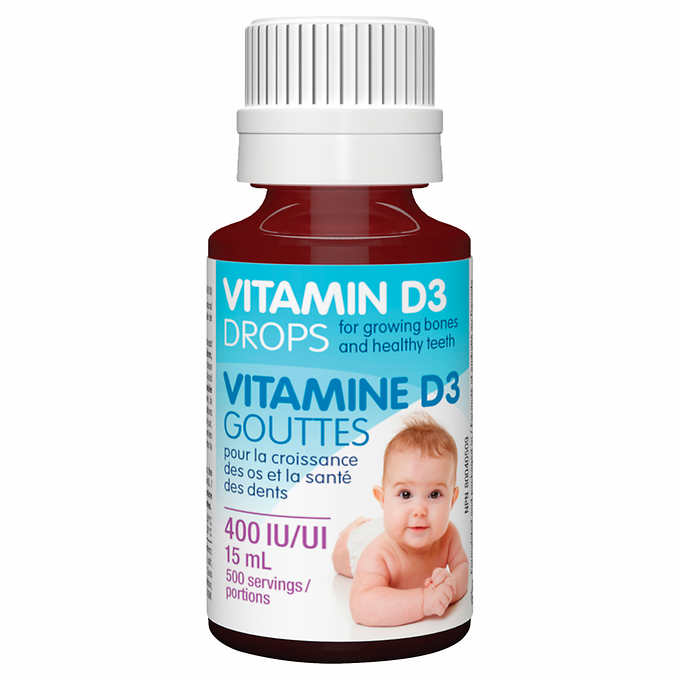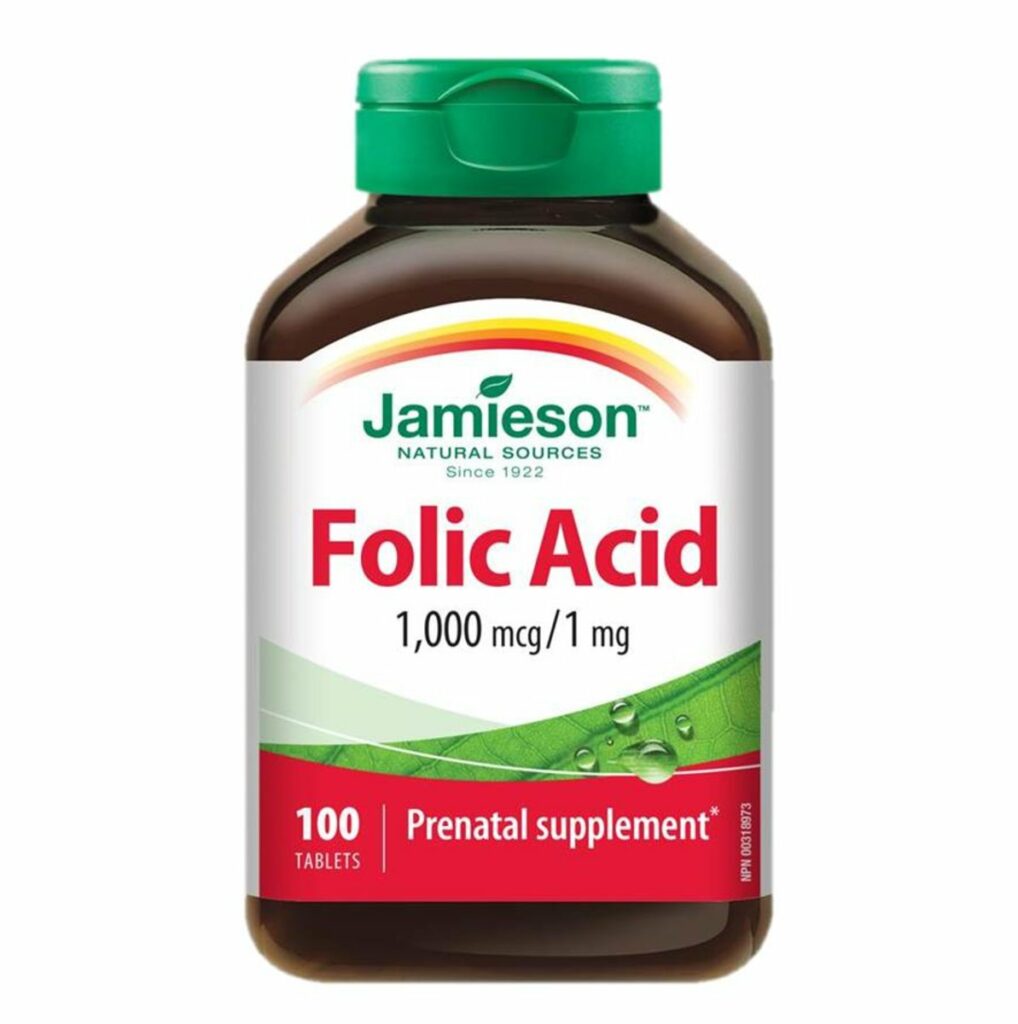
Body changes at different stages of pregnancy
The physiological changes during pregnancy can be roughly divided into three stages: early pregnancy (0-3 months), mid-pregnancy (4-6 months), and late pregnancy (7-9 months). The health goals at this stage are to reduce physical discomfort associated with pregnancy and to supplement the nutrients needed for the baby's development. In addition to the physiological changes, the mindset of expectant mothers also needs adjustment, and attention should be paid to maintaining a reasonable range of weight changes.
Physiological changes
The main physiological change during pregnancy is weight gain, which is approximately 11-13 kg throughout the entire pregnancy. Weight gain is slower in the first trimester (early pregnancy), with a total increase of about 1-2 kg. In the second and third trimesters, weight gain is about 5 kg each, averaging about 0.45 kg per week, or starting in the second trimester, with a monthly weight gain of at least 1 kg and no more than 3 kg.
– in early pregnancy (0-3 months, 0-12 weeks)
Symptoms: nausea, vomiting, slight vaginal bleeding, frequent urge to defecate, drowsiness.
Nausea and vomiting are related to hormones. Morning sickness is usually most severe between 5 and 12 weeks of pregnancy, and it usually occurs in the morning and evening. It is recommended to eat small, frequent meals, keep the diet light, and avoid consuming oily or spicy foods. Also, do not drink soup or water immediately after meals. If you vomit more than ten times a day and notice a decrease in weight and urine output, please consult a doctor.
During the first trimester of pregnancy, expectant mothers often experience light bleeding due to the thickening of the uterine lining causing some tissue to shed. If the bleeding is spotting or a small amount of brownish discharge, you can continue to observe. However, if the bleeding increases or becomes bright red, please seek medical attention immediately.
In early pregnancy, it's common to experience frequent urination due to increased progesterone levels and blood flow. During this time, avoid holding your urine or abstaining from water. Also, the surge in hormones in early pregnancy can cause drowsiness and fatigue in expectant mothers; it's recommended to get plenty of rest.
Mid-pregnancy – (1 TP 1 TT) 4-6 months (13-24 weeks)
Symptoms: Increased secretions, constipation, dizziness, headache, and back pain.
During the second trimester, increased progesterone secretion leads to increased vaginal discharge. Increased progesterone also slows intestinal motility, promoting water absorption in the large intestine, which can cause constipation. Increased prostaglandin secretion causes vasoconstriction, which may lead to dizziness and headaches in some expectant mothers. As the pregnancy progresses and the belly grows larger, the pressure on the lumbar spine increases, causing tension in the lower back muscles. During this period, it is recommended that expectant mothers use cushions to relieve pressure.
In the late stages of pregnancy, use 1 TP and 1 T (triglycerides) for 7-10 months (25-40 weeks).
Symptoms: Hardening of the abdomen, softening of the breasts, milk secretion, increased abdominal weight, and edema.
During this period, weight will continue to increase until delivery. The abdomen will feel firm to the touch, but the breasts will become soft and milk may begin to be secreted. At this time, the abdomen will grow rapidly as the baby grows, and leg cramps and mild ankle edema are common.
Around 33 weeks, you should have gained 10 to 13 kilograms. The fundus of the uterus will be 12 to 13 centimeters above the navel. At this time, discomfort caused by the expanding uterus will become more pronounced, such as nausea, chest tightness, palpitations, fatigue, and difficulty breathing. As the baby's head gradually descends, these discomforts will gradually improve. After 35 weeks, the fetus has descended and its position is fixed. At this time, the abdominal wall and uterine wall become thinner, and the baby's elbows, feet, and head may sometimes be clearly visible through your abdomen. During this stage, you may often experience fatigue, back pain, and pelvic discomfort.
Around 40 weeks, the cervix and vagina become softer, preparing for childbirth. Irregular contractions and swelling become more pronounced during this stage.

Psychological changes
First trimester (before 12 weeks of pregnancy)
At the same time, the pregnancy feels very unreal. Even if it is planned, there will still be conflicting feelings, a mix of joy and worry.
Second pregnancy (weeks 13-24)
When fetal movement is detected, one begins to feel the existence of the fetus as a real individual, experiencing excitement and accepting the fact of pregnancy. Physically and psychologically, a sense of "mother and child as one" gradually forms between mother and child, and prenatal education begins to be emphasized, with life's focus and conversations centered on the fetus.
Third trimester (weeks 25-40 of pregnancy)
Due to weight gain causing mobility issues, and concerns about the pain and risks of childbirth, the focus of attention will be on preparing for labor.
Related reading:4 Minerals for Children and Pregnant Women

[Health Goals and Nutritional Needs]
The goal for expectant mothers to gain weight is to reach their ideal weight.
(1) Ideal weight for women: (height - 70) × 0.6
(2) Low: 90% below the standard weight.
(3) High: 135% higher than the standard weight
1. Early pregnancy (first to third month)
This is the period of fetal cell differentiation, and the fetus does not require a lot of nutrition. If the pregnant woman consumes too many calories, it will only increase her own weight. During this period, the weight gain of pregnant women should be limited to 1-3 kilograms. At this time, the most important thing is to consume enough green vegetables and fruits to supplement sufficient folic acid and B vitamins; no special supplements are needed.
2. Second trimester (fourth to sixth month)
The embryo develops rapidly, requiring sufficient protein and calcium intake. During this period, pregnant women often experience a sudden increase in appetite, and morning sickness may subside. Some women may also experience rapid weight gain, but it's important to carefully manage this weight gain, limiting it to 3-6 kilograms.
3. Late pregnancy (seventh to ninth month)
In addition to iron supplementation, you can also supplement with vitamin A, such as by eating yellow fruits and vegetables like mangoes and pumpkins, to help with the development of your baby's skin and bones. It is recommended that weight gain during this stage not exceed 7 kilograms.
NutritionVitamins D, E, B vitamins (B1, B2, B6, B12), folic acid, calcium, iron, and fiber.
Health Goals Reduce pregnancy discomfort and lay the foundation for baby's development.
food Dark green vegetables, eggs, beans, salmon, sweet potatoes, whole grains, walnuts, yogurt, lean meat, and multicolored vegetables.
Recommended health supplements for pregnant women
Vebegen – Vitamin D3 Drops for Pregnant Women and Infants 400IU 15ml
Jamieson – Folic Acid 1000 mcg/1 mg 100 capsules
Related Post:
Related Products:
-
Unichi – Teddi Lab® Gummy Bears Gummy Bears for Hair Growth Upgraded Sea Salt and Green Titanium Flavour 60 Capsules
Original price was: $170.00.$125.00Current price is: $125.00. Add to basket -
ProVen – Women's Dedicated Probiotic + Cranberry 3600 30 Capsules
Original price was: $198.00.$138.00Current price is: $138.00. Add to basket -
[Clearance Sale Price] Swisse – Beauty Collagen Hair Care, Skin Care, and Nail Care Tablets (60 tablets)
Original price was: $78.00.$28.00Current price: $28.00. Add to basket -
Swisse – Beauty Women's Hair Nutritional Capsules 60 Capsules
Original price was: $168.00.$118.00Current price is: $118.00. Add to basket








































































